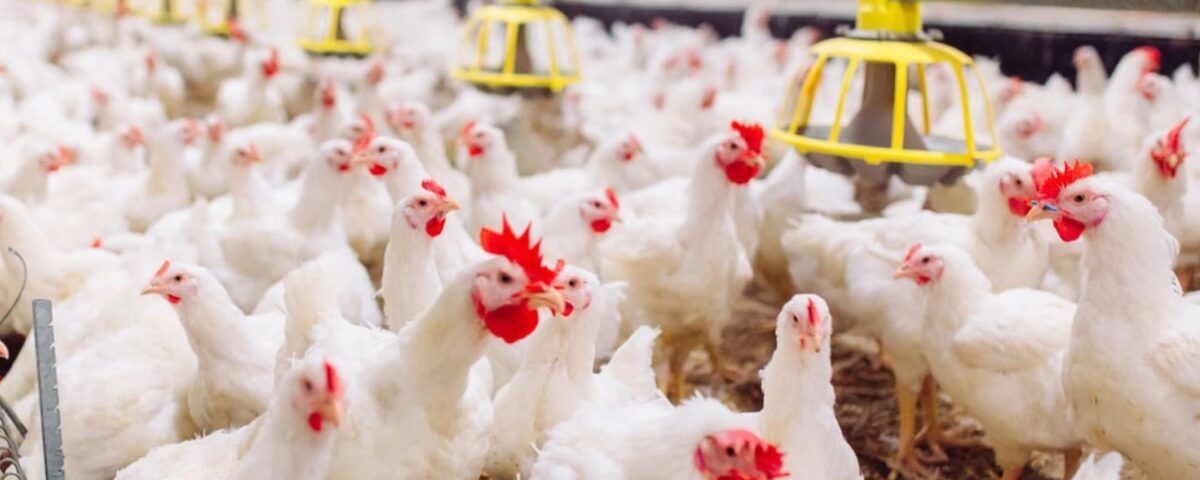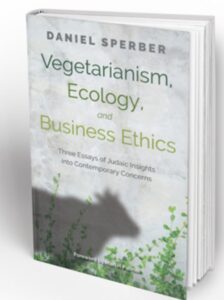RESPONSE: Peeking Through the Slaughterhouse Window

 To the Editor:
To the Editor:
I am very grateful to Elyakum Berman and Ari Zivotofsky, two respected reviewers, for their thoughtful critical evaluation of my book, Vegetarianism, Ecology, and Business Ethics (TRADITION, Fall 2024). Doubtless, a work covering these somewhat different, though related, fields will possibly have some errors, and indeed, it is the reviewers’ duty to call the readers’ attention to them. However, I felt that their trenchant criticism is somewhat unbalanced, and clearly reflects their own views on the subject—primarily concerning vegetarianism.
[Read Berman and Zivotofsky’s review here.]
I personally visited abattoirs in Argentina and Uruguay, the significant sources of kosher meat in Israel, and met with (Israeli) shohtim on several occasions, who described their three-month long stints, with hours of slaughtering activities, showing me their chapped fingers and complaining of their fatigue.
My wife once stayed for a while in Kibbutz Hafetz Hayyim where she saw chicklets being sorted. Females that looked healthy were vaccinated; those that did not were thrown into a rubbish heap, along with the males. My wife, with one of our children, saved six little non-vaccinated female chicks from being tossed on the garbage heap and brought them home. They grew into heathy chickens, giving us some daily eggs. They were our childrens’ pets, and one of them, who was called “Kapparah,” lived on our roof to the grand old age of five, although she lost most of her feathers during her last year.
In Jerusalem, close to our home in Katamon, our children attended a kindergarten that was located just above a small empty lot where kapparot took place before Yom Kippur. The children peered through the metal fence from the balcony above and watched as people waved screeching chickens above their heads. Then they saw a shohet I trust that is what he was) slash their necks. Then the children watched the headless fowls flap about briefly before expiring. I imagine it was the memory of those scenes that encouraged them to become vegetarians.
I am sure there have been some improvements in the techniques of slaughtering of both fowls and cattle, but my description of cattle transport from far-away places is still both accurate and disturbing.
I know learned Rabbis who, after personally examining the standards of kosher slaughter in various places in Israel, decided to refrain from eating meat. I fully admit that in this respect I am biased, but I suspect that so are my distinguished reviewers. And while I appreciate (some of) their comments, I regret that their apparent zeal for the consumption of meat somewhat carried them away.
Daniel Sperber
Note: Yedidya Sinclair’s earlier review of Rabbi Prof. Sperber’s book, examining some other aspects of the volume, was published on TraditionOnline.org.

1 Comment
My own take on this issue is that the more people that become vegetarian, the closer we come to the Messianic Age, when “The Lion will lie down with the Lamb.” And I’ve seen the local cats mourn when one of their tribe succumb to an automobile.